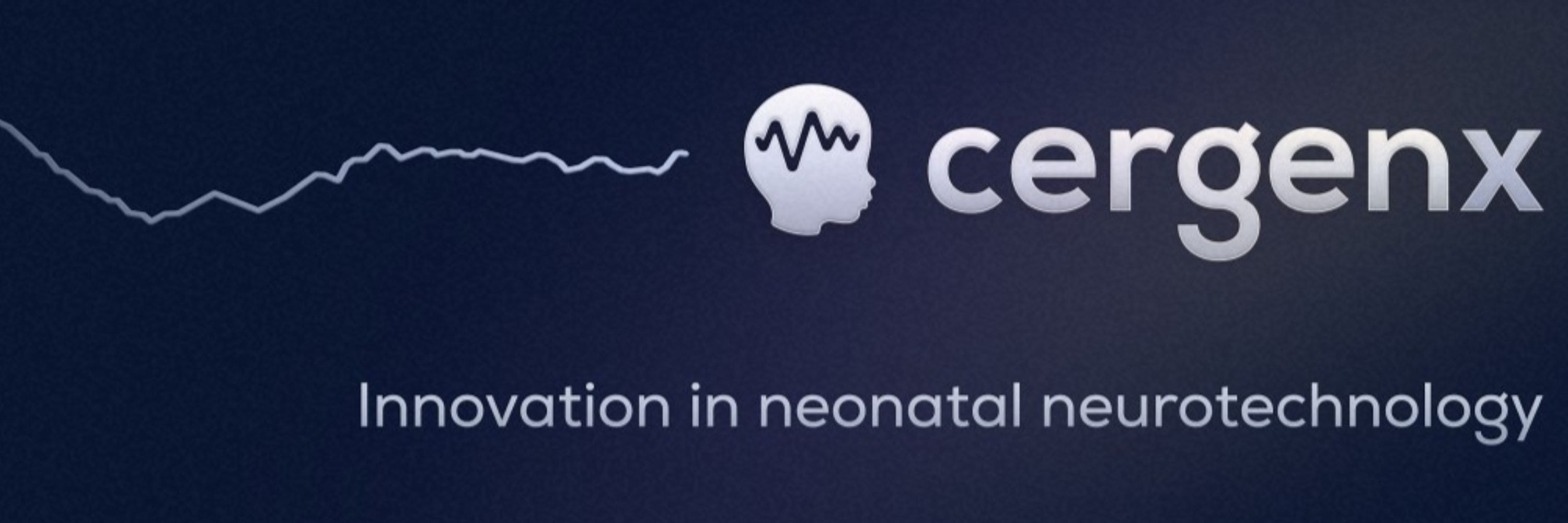
https://selfsupervised.substack.com/
I've build an app to explore open-ended idea discovery using LLMs in a multi-agent evolutionary algorithm.
I've also open source the code so you can play with yourself

I've build an app to explore open-ended idea discovery using LLMs in a multi-agent evolutionary algorithm.
I've also open source the code so you can play with yourself
Hopefully the was something more exciting in the deal.

Hopefully the was something more exciting in the deal.

New blog post
open.substack.com/pub/selfsupe...

New blog post
open.substack.com/pub/selfsupe...
Check it out here open.substack.com/pub/selfsupe...

Check it out here open.substack.com/pub/selfsupe...
Is _anyone_ surprised?


Is _anyone_ surprised?



They found you can totally destroy a model by pruning a single weight.
Also have some nice results that use this to improve quantization.
My main concern though is what this tells us about how brittle these models can be.
arxiv.org/html/2411.07...

They found you can totally destroy a model by pruning a single weight.
Also have some nice results that use this to improve quantization.
My main concern though is what this tells us about how brittle these models can be.
arxiv.org/html/2411.07...
I remember being quite surprised by Medprompt results from Microsoft outperforming fine-tuned models with vanilla GPT4.
The prompt sensitivity of these models definitely muddies the waters.

I remember being quite surprised by Medprompt results from Microsoft outperforming fine-tuned models with vanilla GPT4.
The prompt sensitivity of these models definitely muddies the waters.
We overlapped in TPPC group in King's College London during our PhDs. An huge amount PhDs from there are now working with AI for various applications in science and industry.
arxiv.org/abs/2411.02453

We overlapped in TPPC group in King's College London during our PhDs. An huge amount PhDs from there are now working with AI for various applications in science and industry.
arxiv.org/abs/2411.02453

